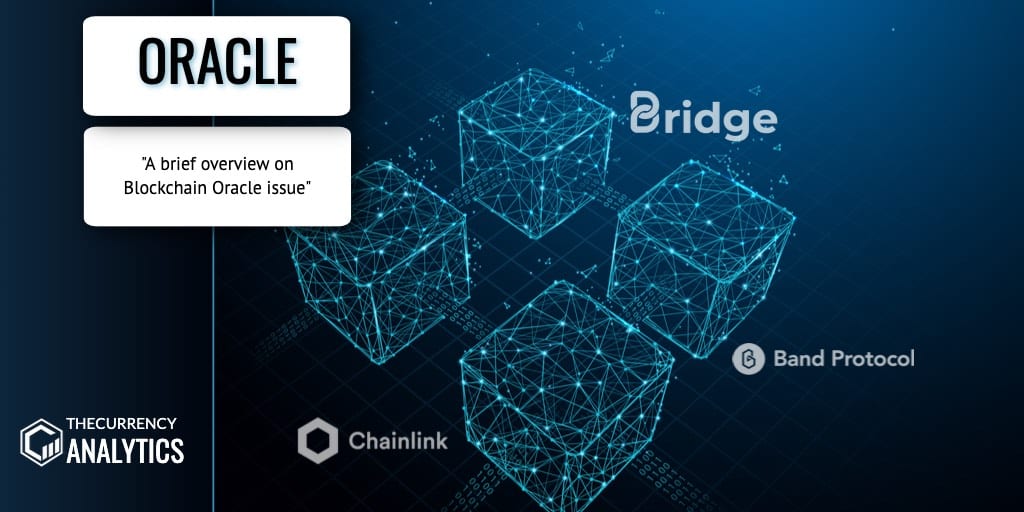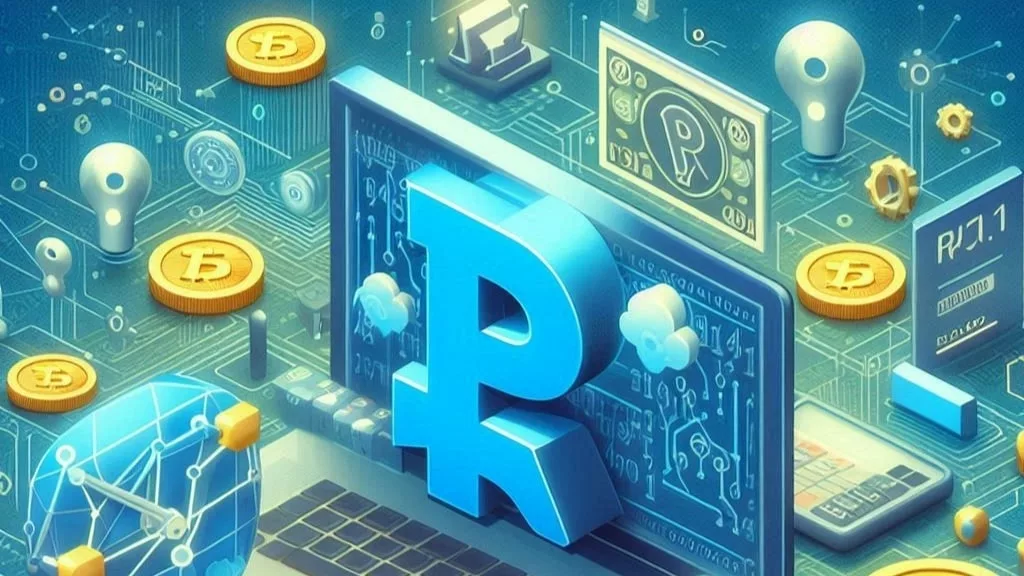
The contemporary blockchain oracle issue sits at the crux of the problem of lack of mass adoption of smart contracts today. Blockchain-embedded smart contracts are poised to offer a wide range of use cases across various industries, ranging from insurance to derivatives and so on. But, in order to do that they would need access to real-world data. And here comes the blockchain-oracle issue.
Put simply, the said problem is mostly triggered by a basic limitation – blockchains are unable to access off-chain data (real-world data) given restrictions imposed by their underlying protocols. Blockchains are designed as isolated networks that operate separately from the outside world and it’s this “isolation” quotient which makes the network extremely secure and credible. But, then restrictions on accessing off-chain data cuts down the functional scope of smart contracts by 90% and eventually prevents their mass adoption. However, blockchains can’t be modified to provide access to external-world data to help the smart contracts. This is where an oracle system comes to help.
An oracle system is a middleware which connects the on-chain (blockchain) world with the off-chain systems like web APIs, data providers, IoT devices, cloud providers and so on. It exists as an independent entity on blockchain space and helps the smart contracts to realize their use cases at their best. Oracles are designed to perform a number of major functions:
Smart contracts are aimed to attain determinism via technological implication of contract’s terms instead of probabilistic execution through human enforcement. In that light, blockchains can’t afford a single-point-of-failure and it goes the same for oracles too. But a centralized oracle is governed by a single entity and such an infrastructure is vulnerable to single-point-of-failure big time. Put simply, centralized oracles might fall prey to usual centralized problems such as DDOS attacks, downtime, accidental incompetence etc. All these issues could jeopardize users’ funds big time.
On the other hand, a decentralized oracle runs on several nodes and is not dependent on just one particular single entity. Thus, decentralized oracles are safe from single-point-of-failure issues. It’s to stress here, decentralized oracles assure tamper-proof, verified and authentic off-chain data that centralized oracles can’t guarantee.
Three major decentralized oracles
Chainlink
Chainlink is undoubtedly the industry-leader when it comes to decentralized oracles for blockchain networks today. Launched in 2017, the decentralized network guarantees tamper-proof and authentic inputs and outputs for smart contracts operating on any blockchain. It’s an open-source system which means the broader blockchain community always has the power to verify the credibility of Chainlink source code and functions and also participate in its improvement. LINK is the native token of Chainlink.
Band Protocol
Band is another major open-source decentralized oracle system, backed by major names like Binance and Sequoia India. It is a cross-chain oracle and hence compatible with multiple blockchains. BAND is the native token of Band Oracle.
Bridge Oracle
A relatively new name in the market, Bridge Oracle is the first ever dedicated public oracle system for TRON blockchain. It’s an open-source, public oracle and hence allows mass participation for public users who can’t afford a dedicated oracle service. Bridge oracle allows access to external data through various forms of APIs and parsing helpers and also enables incorporation of varied kinds of proof to verify accuracy of injected data. The recently concluded Bridge IEO came to be a stellar success, so much so, that the whole IEO got sold out in just a few hours of the launch. Users can pay for Bridge oracle’s services through BRG (Bridge Oracle token) and TRON token TRX.




Get the latest Crypto & Blockchain News in your inbox.